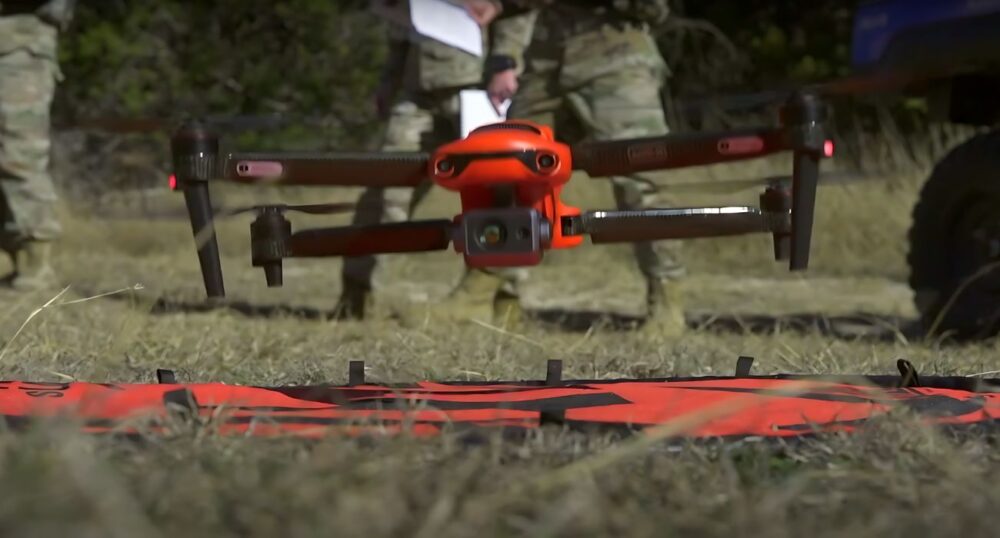Gov. Greg Abbott announced on Friday that the state will begin using drones to stop crossings at the southern border as the state continues to deal with an influx of illegal aliens.
Abbott posted on X, formerly known as Twitter, that “Operation Lone Star personnel use drone technology to thwart illegal crossings along our southern border.”
A news release from the governor’s office further detailed the work of Operation Lone Star, explaining that the operation has resulted in more than 511,300 illegal immigrant apprehensions and more than 42,900 criminal arrests.
While many illegal aliens continue to make their way into the state, Abbott has continued to bus them to various sanctuary cities across the country, with the news release stating that more than 115,000 people have been transported out of state.
Operation Lone Star has also put an emphasis on stopping the trafficking of illicit drugs across the border, with the news release stating that authorities have seized over 481 million lethal doses of fentanyl since the operation began in March 2021.
The Lone Star State’s new use of drones follows a report by U.S. Customs and Border Protection that clocked more than 8.1 million official border encounters with illegal aliens since President Joe Biden took office in 2021.
Although the governor has opted to use drones to help prevent illegal crossings along the border, many have raised concerns about the use of drones in other capacities due to the potential for aerial surveillance of private citizens.
The U.S. Fifth Circuit Court ruled in October 2023 that Chapter 423 of the Texas Government Code, which deems it illegal for an “unmanned aircraft” to take a photo or video of a private citizen or their land, is constitutional.
This ruling reversed a lower court’s decision that the law was unconstitutional. The Fifth Circuit wrote that Texas laws “regulate not what images can be captured but instead the means by which those images can be captured,” as previously reported by The Dallas Express.

